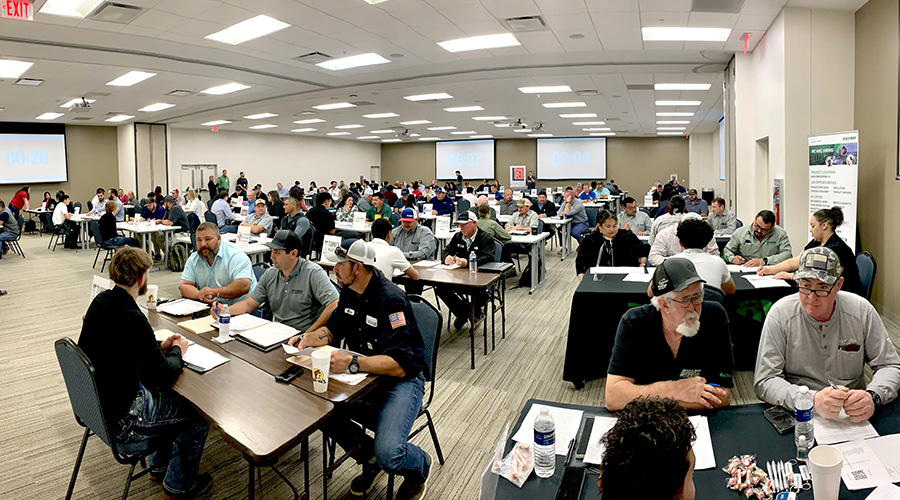Tips for Building a Better Maintenance Team
All of us that have spent some time in leadership and management positions have struggled to answer the question, "How do I build a better team?" Even if your team is pretty good to start with, we all have seen the need to do things better.
With a better and more skilled and qualified team, you can achieve goals faster, more safely and cost-effectively, and with better customer service. Also, a better, more competent organization will make your job easier and life much simpler. There is also the concept that we should develop our team so that someone is capable of replacing us when it becomes time for us to leave or retire.
The concepts I'll discuss apply to craft and skill employees, as well as salaried management staff, facility and manufacturing types, so keep an open mind as you read it and ask yourself, "How could I use some of these concepts to assist my team?" If you would like a copy of the presentation on this topic that I gave earlier in the year, contact me, and I will be happy to send you a copy.
I will focus on three critical areas of the team building challenge: interviewing and hiring tips; identifying performance and skill gaps; and changing an organization's behavior and culture
Interviewing And Hiring
The obvious first component is the interviewing process, which managers tend to rush through or spend limited time doing correctly. We often don't take time to interview, so we pawn the task off on a subordinate. But too often, down the road a few years, we look back and ask, "What happened?"
To interview well, you must be prepared and understand the kind of individual you are looking for and the skill sets you would like this person to possess. The key to knowing the type of employee you are looking for is to develop solid job descriptions and requirements. This component is the foundation for the hiring process. Without it, you have no idea what you are looking for, and, as a result, most applicants will seem qualified.
With good job descriptions and requirements in hand, you will begin to eliminate the unqualified or marginally qualified applicants before spending time interviewing. A secondary bonus of having solid job descriptions and requirements is that it will be easier to assess a new hire's performance down the road. Remember, you must have something to compare current performance to if you want to know what needs to be changed or modified.
Now we are ready to spend time managing the interviewing and selection process. Here is a list of the key components needed in the interviewing process:
- Review resumes in detail, looking for accuracy and quality.
- Perform extensive interviews using peers and other members of management to assist.
- Check references closely, even searching social media sites if your company allows it.
- Contact previous employers and ask, "Would you rehire this person?"
- Validate their experience, looking for voids in work history.
- Ask about their vision for their future.
- Ask, "Where do they want to be in 5 years? Why do they want this job?"
- Are they a leader or self-starter?
- What is the attitude and demeanor?
- What questions do they ask you?
- If the job is technical, whether salaried or hourly, validate their skill level.
During the entire process, keep in mind that you only get to do it once. Do-overs do not happen. So be prepared, take time to do it right, and involve others in the process. If appropriate, use their future peers to assist in the hiring. Ask your current employees, "Are you okay working or sharing an office with the applicant?" This question normally brings out the truth if employees are reluctant to criticize or speak negatively about other people.
Related Topics:












